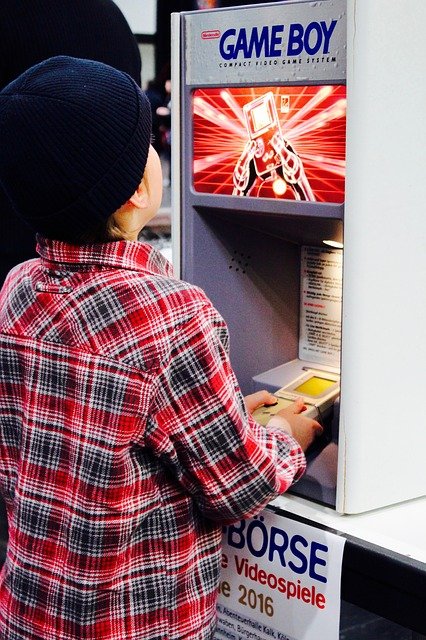A Cal State San Marcos history professor who lives in Carmel Valley released a new book about the Haitian Revolution in film and video games, and how it’s been largely ignored by the major motion picture industry.
The book, “Slave Revolt on Screen: The Haitian Revolution in Film and Video Games”, focuses on pop culture, film and video games, author Alyssa Sepinwall said. The book, which was published last June by University Press of Mississippi, received the Honorable Mention for the 2021 HSA biennial Book Prize, Haitian Studies Association.
“People know the American Revolution and they know the French Revolution and they know the Russian, but many people still don’t know about the Haitian Revolution,” she said. “One reason for that is that it’s often not taught in schools. But I realized another reason is that there are hardly any movies. It’s not something that people see on their screen the same way they see World War II movies or Civil War movies.”
The cover of “Slave Revolt on Screen: The Haitian Revolution in Film and Video Games”
(Courtesy)
One of her students pointed out to her that the video game “Assassin’s Creed: Freedom Cry” depicts the Haitian Revolution.
“I looked into this game and I was kind of blown away that these game designers had created a game that was from the perspective of enslaved people,” Sepinwall said. “And this was a topic, that since Hollywood is not touching, I was very puzzled as to how a game studio was releasing this huge blockbuster game. So I started to investigate that, and the project grew and grew as I discovered other video games. I ended up with a 10-chapter book in the end from something I thought would be just a little article.”
While researching the book, she discovered a 1952 film called “Lydia Bailey” that takes place during the Haitian Revolution. But, she added, her research showed that studios have historically been reluctant to pursue projects that don’t include a White hero.
Sepinwall said that it is “part of this larger problem of showing Black history truthfully and accurately, in a way that is not sanitized for fear of offending White audiences.”
“We often just watch whatever we can stream,” she said. “We turn on Netflix and we’re getting whatever they’ve bought and whatever they’re serving up to us. But there’s a whole world of films, especially from places like Haiti, that don’t get bought by North American corporate distributors.”
The book’s target …….
